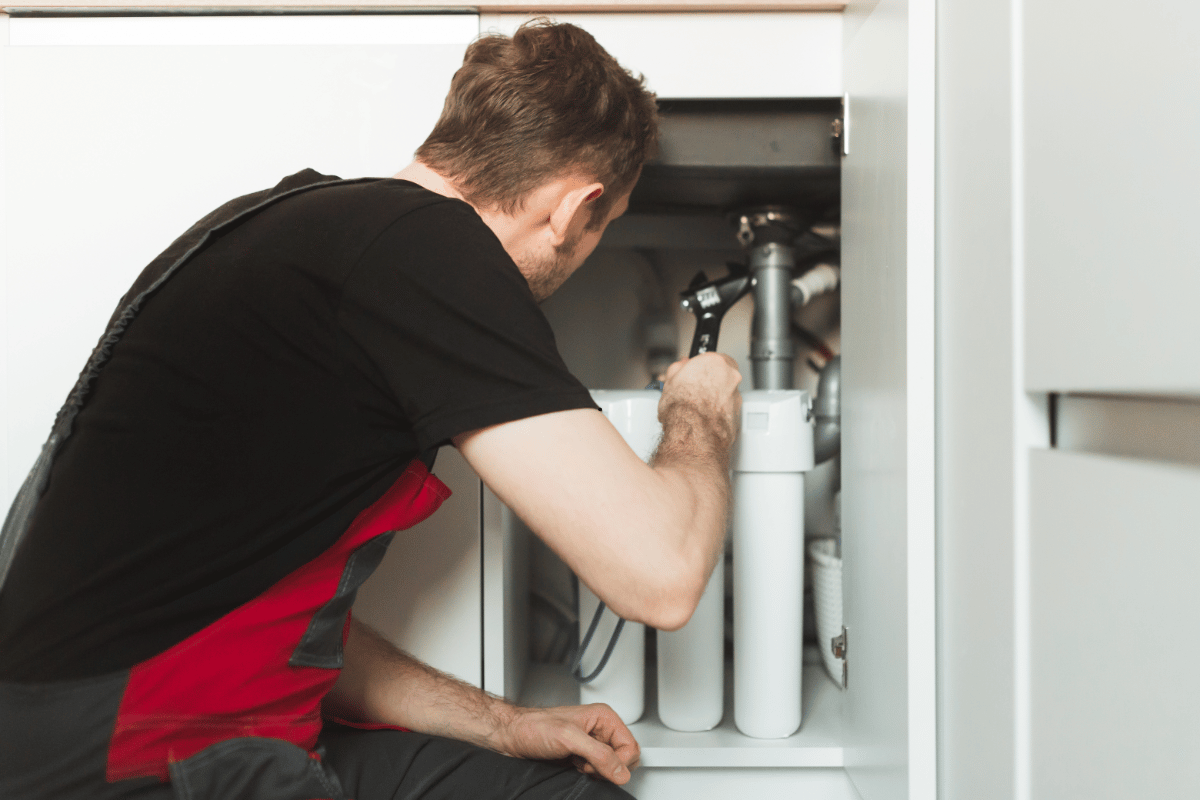How to Choose the Right Water Treatment System for Your Home
Choosing the right water treatment system for your home is more than just a matter of convenience—it’s an investment in your family’s health and well-being. With water quality varying widely from one location to another, finding the ideal system can feel overwhelming. Do you need a system that filters out impurities, softens hard water, or tackles both? How do you know which option is both effective and cost-efficient?
This guide will walk you through six essential tips to consider when selecting a water treatment system that fits your home’s unique needs. Whether you’re dealing with unpleasant tastes, odors, or concerns about contaminants, these tips will empower you to make an informed decision, ensuring clean, safe, and refreshing water for every tap in your home. Let’s jump in.
Identify Your Water Quality Issues
The first step in choosing the right water treatment system is understanding the specific issues with your home’s water supply. Conduct a water test to identify contaminants, such as bacteria, heavy metals, sediment, or hard water minerals. If your water tastes strange, smells odd, or leaves stains on fixtures and clothing, it’s a sign that treatment is needed.
Home water testing kits are widely available, but for more accurate results, consider hiring a professional. Knowing your water’s exact problems will help you choose a targeted solution, whether it’s a filtration system, water softener, or a reverse osmosis unit. The right diagnosis is the foundation for effective water treatment.
Understand Different Treatment Technologies
Water treatment systems are not one-size-fits-all; each is designed to address specific issues. Familiarize yourself with popular technologies like activated carbon filters, which remove chlorine and organic compounds, or reverse osmosis systems that eliminate a wide range of contaminants. Water softeners target hard water by reducing calcium and magnesium content, while UV purifiers destroy harmful microorganisms.
Each system has unique advantages and limitations, so research thoroughly to match your water quality needs. Consider systems that combine multiple technologies for comprehensive treatment if your water has multiple concerns, ensuring the solution you choose is both efficient and versatile.
Seek Professional Guidance
Navigating the complexities of water treatment systems can be challenging, especially with so many options available. Consulting a water treatment professional can simplify the process and ensure you make the right choice. For instance, you can find home services for Marshall residents to test water quality, recommend suitable treatment systems, and handle installation. Professionals can also provide insights into local water issues and regulatory requirements.
Their expertise helps you avoid costly mistakes, such as choosing an overpowered or underperforming system. By seeking guidance, you gain confidence that your home’s water treatment system is effective and tailored to your needs.
Evaluate System Capacity and Flow Rate
When selecting a water treatment system, it’s essential to choose one that can handle your household’s water usage. System capacity refers to the volume of water the unit can treat before requiring maintenance, while flow rate determines how quickly treated water reaches your taps. Larger households or homes with high water usage need systems with higher capacities and flow rates to avoid interruptions.
Check the product specifications and compare them with your daily water consumption to ensure compatibility. Installing a system that matches your needs not only optimizes performance but also extends the unit’s lifespan, saving you time and money in the long run.
Factor in Maintenance Requirements
The effectiveness of any water treatment system relies on proper maintenance. Before making a purchase, research how often filters need replacing, whether professional servicing is required, and the cost of maintenance supplies. Systems like reverse osmosis units may require frequent filter changes, while water softeners need periodic salt refills.
Neglecting maintenance can lead to reduced performance and higher costs over time. Opt for systems with clear instructions and accessible replacement parts to make upkeep manageable. A well-maintained system will ensure your water remains clean and safe, protecting your investment and providing peace of mind for years to come.
Consider Long-Term Costs and Benefits
While upfront costs are important, long-term expenses can significantly impact the value of a water treatment system. Assess factors like filter replacement frequency, energy usage, and potential repair costs. Compare this with the benefits of improved water quality, including reduced damage to plumbing, appliances, and fixtures. Some systems may cost more initially but save money over time due to lower maintenance requirements or energy efficiency.
Additionally, think about the environmental impact—systems that conserve water or use eco-friendly materials are better for both your home and the planet. Balancing initial investment with long-term value ensures you make a cost-effective decision.
Investing in the right water treatment system is a crucial step toward ensuring your family’s health and comfort. By understanding your water quality issues, exploring different technologies, and considering factors like system capacity, maintenance, and long-term costs, you can make an informed choice. Seeking professional guidance can simplify the process and help you find a tailored solution that meets your home’s unique needs.
Clean, safe, and great-tasting water is an essential part of daily life, and the right system will provide lasting peace of mind. Take the time to choose wisely—it’s an investment your home and family will thank you for.







